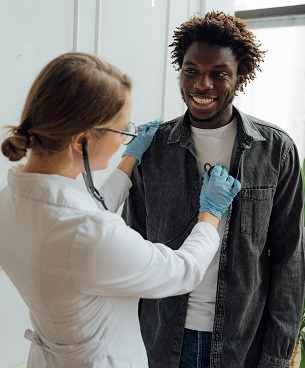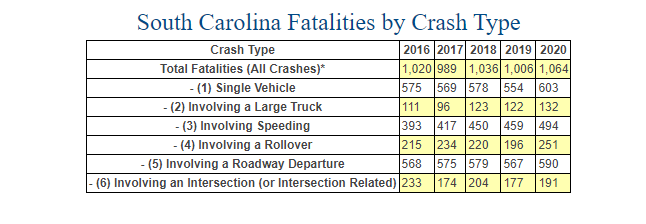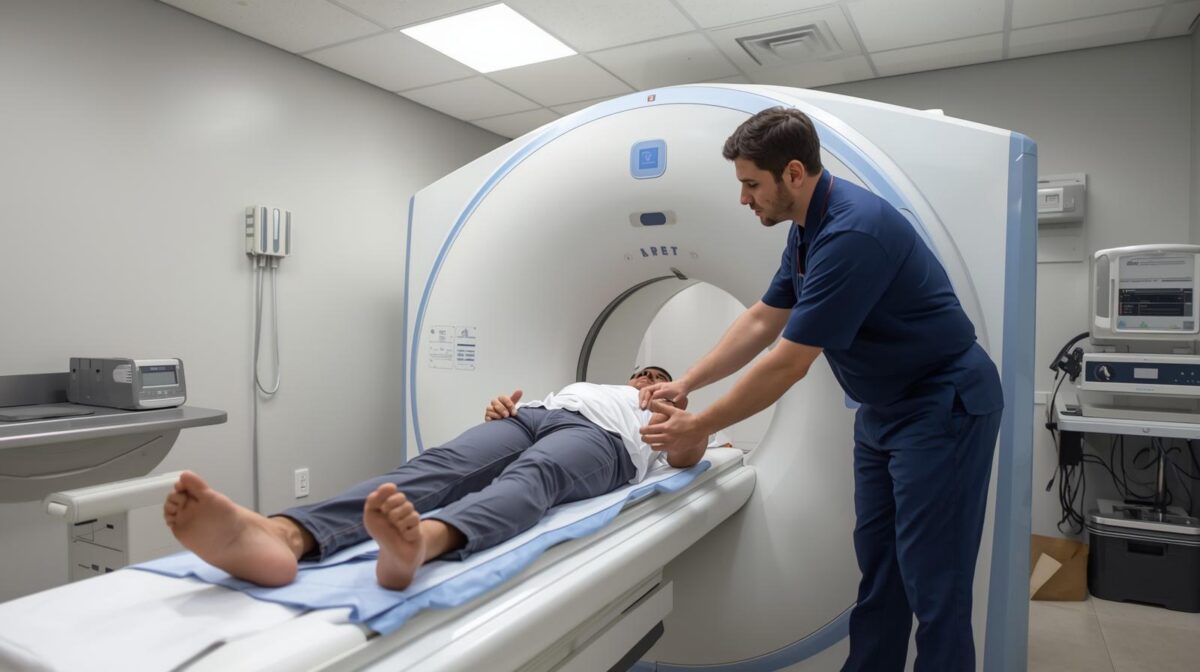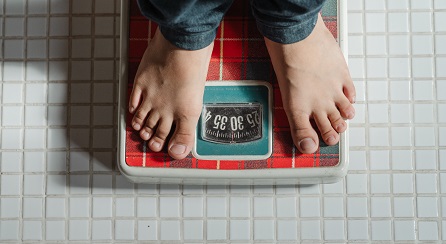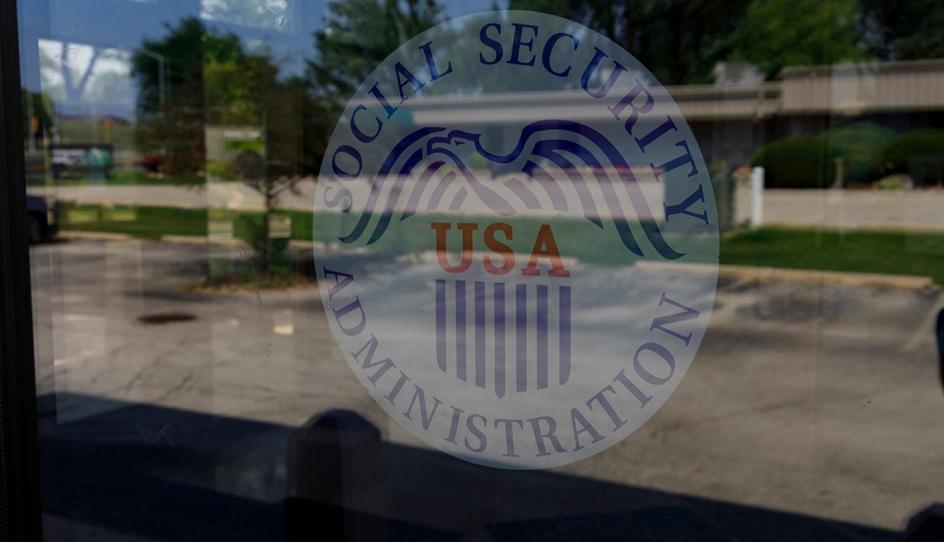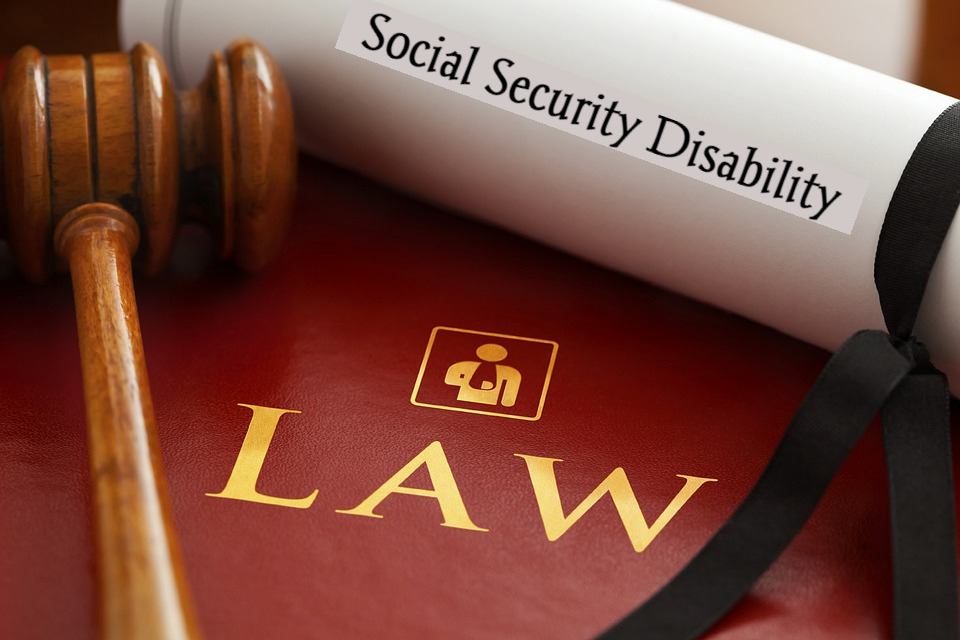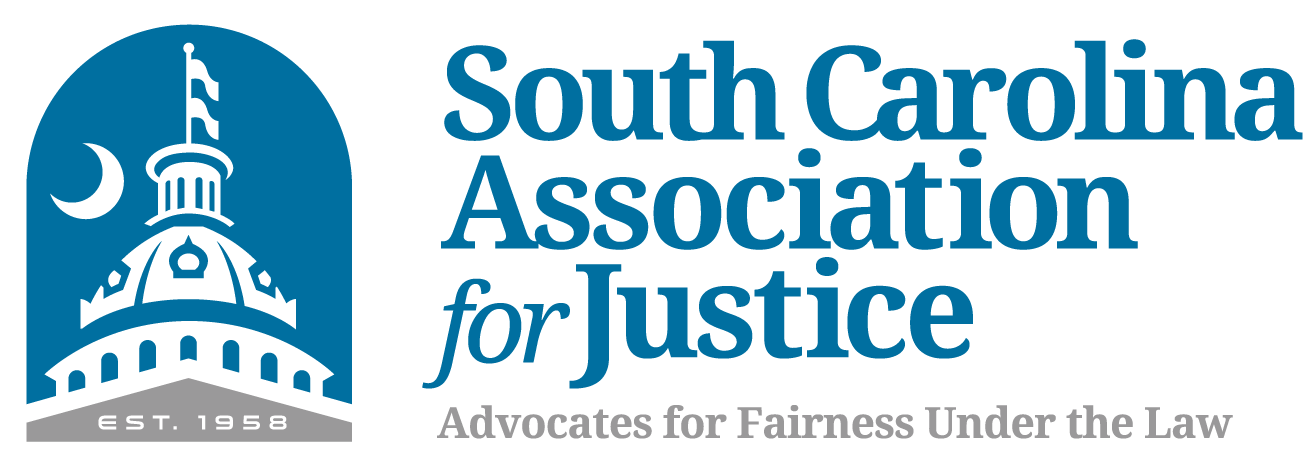Death by negligence is behind most unintentional injury deaths in the United States. Per the US Centers for Disease Control and Prevention (CDC), the number 4 cause of death in the US is unintentional injuries. Over 200,000 deaths in the US are caused by accidents.
What is Wrongful Death?
South Carolina defines wrongful death as being caused by neglect, a wrongful act, or default of another.
Wrongful death can be caused by a number of different things, such as the medical malpractice seen in the Dreckman case and the negligence-based incident in the Rodrigez-Sane case.
Wrongful Death Due to Medical Negligence
After the death of Michael Dreckman in September of 2021, his family has filed a wrongful death suit against Mercy Medical Center in Sioux City, Iowa. The family claims that it was medical negligence that led to Dreckman’s death. Dreckman, age 65, was admitted to the hospital for acute coronary syndrome (SiouxlandProud.com).
What is Acute Coronary Syndrome?
Acute coronary syndrome is an umbrella term that covers all conditions in which there is a lack of blood flow to the heart and is considered a medical emergency (American Heart Association).
Dreckman underwent surgery five days after his initial admittance, and the surgery seemed successful for two days. However, on the third day after the surgery, his heart began to beat rapidly.
The staff administered three doses of amiodarone over the course of three and a half hours while also hooking Dreckman up to an intravenous drip of amiodarone (SiouxlandProud.com).
What is Amiodarone?
Amiodarone is a drug used to relax the heart muscles and to prevent serious arrhythmic heart conditions.
The large amount of amiodarone that the staff of Mercy Medical Center gave Dreckman was toxic (National Library of Medicine).
Though Dreckman’s heart rate was being monitored, the staff did not respond to Dreckman’s dangerously slow heartbeats. It wasn’t until his wife and daughter visited him and found him gray and unresponsive that the staff attempted to save Dreckman.
After chest compressions, the administration of epinephrine, bicarbonate, and calcium, a shock attempt, and cutting open his chest, Dreckman was pronounced dead (SiouxlandProud.com).
The family filed their suit in January of 2023 citing the toxic dose of amiodarone, failure to monitor Dreckman’s vital signs, and more as the cause for his wrongful death.
Death by Negligence
Another family in Orlando, Florida is suing the North Orlando Rowing Club and U.S. Rowing Association after Langston Rodriguez-Sane’s wrongful death after rowing practice.
Rodriguez-Sane, age 12, was a beginner at rowing. The coaches failed to supervise him and his partner after sending them out onto Lake Fairview in a rainstorm. Rodriguez-Sane and another 12-year-old boy drowned after their boat capsized in the lightning storm that their coaches failed to detect or call them back from (WESH 2).
The rowing club had no weather detection system in place or adequate resuscitation equipment available. When Rodriguez-Sane was brought back to the boat house, unconscious, the defibrillator used on him was either inoperable or defective.
Who can bring a wrongful death suit?
If the person who died had a will, then the personal representative of the estate files the lawsuit.
In South Carolina, if there’s no will, the court can name a personal representative who can bring a case for the benefit of the deceased family members. A case may be brought on behalf of the spouse (if there are no children) or the spouse and children, if there’s a wife and kids. If there is no wife or kids, the action would be on the parents’ behalf. If there are no parents, the heirs of the deceased would be the ones bringing the lawsuit.
Also, see our blog How to File a Wrongful Death Lawsuit
Wrongful Death Statute of Limitations in South Carolina
The Dreckman family waited a little over a year to file their claim. There is a statute of limitations on wrongful death cases here in South Carolina. The case must be filed within two to three years of the person’s death.
The law can change at any time. So it’s a good idea to contact a personal injury lawyer soon after a wrongful death accident to ensure that there is justice for the deceased.
For a Free Wrongful Death Consultation, Contact the Law Offices of David L. Hood
If someone you care about has died due to someone else’s negligence, please schedule your free consultation by calling The Law Offices of David L. Hood at (843) 491-6025 or filling out our brief online contact form.
We know how difficult it can be to deal with the immediate and long-term effects of a wrongful death. At The Law Offices of David L. Hood, we work hard to make things simple for you. After a free case evaluation, if we believe we can help you and your family, wrongful death accident lawyer David L. Hood, co-counsel, and our team of experts will vigorously pursue your case to get you the best result we can achieve. Let us put our years of experience to work for you!
*Clients are not liable for any expenses, unless there is a recovery in their case. However, if there is a recovery in their case, clients will be liable for expenses. Attorney’s fees are based on a percentage of the recovery, which will be computed before deducting expenses.



